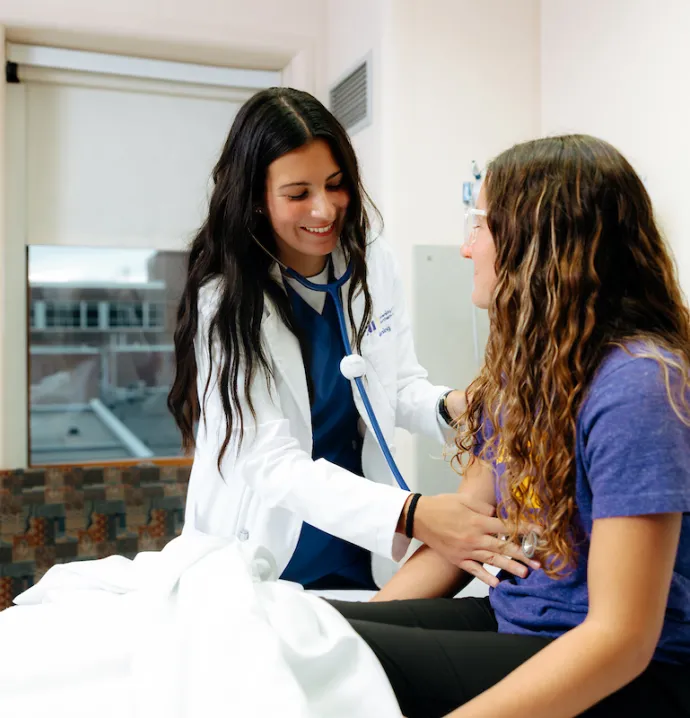UNI experts answer your coronavirus questions
UNI experts answer your coronavirus questions
We’re living in unprecedented times and, as our lifestyles drastically alter to slow the spread of coronavirus, we all have questions on how to adapt. In this feature, we’ll turn to UNI experts for jargon-free answers. Have a question you’d like to see answered? Please email us at ur@uni.edu.
How do I tell if I have a cold/flu vs coronavirus? Do only older people get sick?
With a cold you’ll have little or no fever but frequently a runny nose, said public health professor Catherine Zeman. If you have an elevated fever and a dry cough or symptoms like shortness of breath it could be COVID-19, but there’s no way to be sure without a test. In any case, the best course of action is to self-isolate and contact your healthcare provider.
And no, it’s not only the elderly who are falling ill. In data reported by the Centers for Disease Control (CDC), nearly 40% of COVID-19 hospitalizations were people age 20-54, said public health professor Disa Cornish. “Lots of different age groups are getting sick,” she said.
Remember many people have been asymptomatic - that is, they show no signs of the disease but can spread it to others. That’s why social distancing is so important.
Is it safe to go grocery shopping? What precautions should I take?
The answer is “it depends,” said Cornish. If you have a heart condition, are undergoing cancer treatment, have diabetes, are immunocompromised, have asthma or other respiratory conditions, are 60 or older - you should stay home and either have groceries delivered, do grocery pickup, or ask someone to grocery shop for you.
Otherwise, consolidate all trips as much as possible and go during less crowded hours, said Zeman. Stay 6 feet away from others and make sure you use hand sanitizer (letting it dry on your hands do not wipe it off) immediately after leaving the store, said Zeman. Do not touch your face. When you get home, immediately wash your hands.
How do I disinfect my phone?
Cell phones are one of those “high touch surfaces” that the CDC says can transmit the virus. Both Cornish and Zeman both said the phones can be gently cleaned with disinfecting wet wipes. Don’t use sprays or other products that could get liquid inside the phone.
And don’t forget the case. You should remove it from the phone, clean it and allow both to air dry before reassembling, said Zeman.




